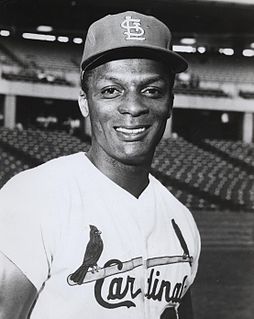A Quote by Audre Lorde
The sixties were characterized by a heady belief in instantaneous solutions.
Quote Topics
Related Quotes
We wanted to more richly experience why we were alive, not just make a better life, and so people went in search of things. The great thing that came from those that time was to realize that there was definitely more to life than the materialism of the late sixties and early sixties. We were going in search of something deeper.
There is a lot of sixties-bashing going on these days that I don't agree with at all. I feel that extremely important ideals were brought to the forefront of the collective consciousness at that time. Granted, drug use was so pervasive that our generation did not as a group have the capacity to manifest our ideals to any great extent. But many of the people who were young in the sixties and who were most touched by that collective ethos are still touched.
In the sixties, in the middle sixties, suddenly comics became this hip thing, and college students and hippies were reading them. So I was one of them, and I started reading, basically it was the Marvel Renaissance at that point. It was all their new characters, Spiderman and the X-Men and the Fantastic Four.







































